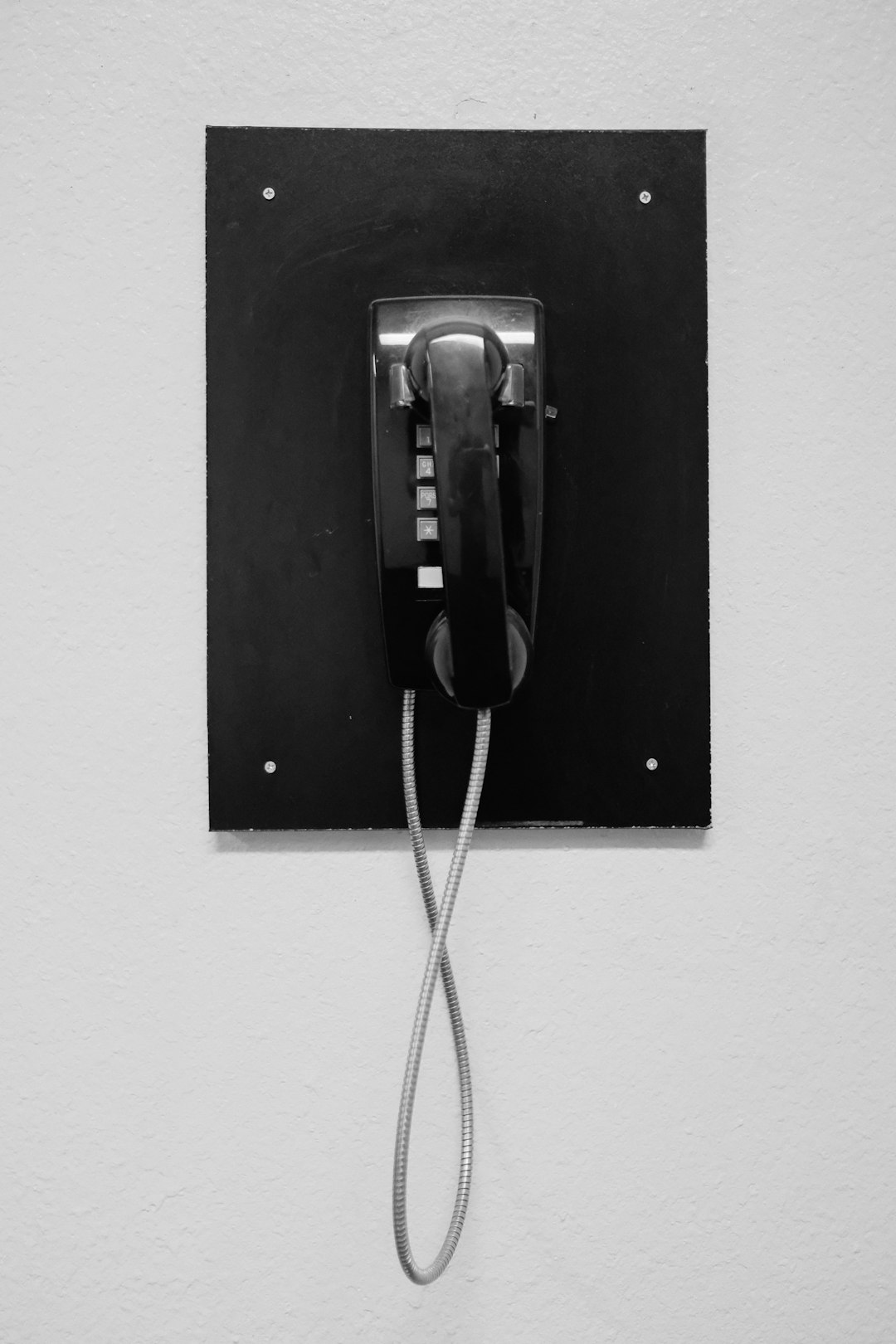Telemarketers operating in North Carolina must strictly adhere to state's Do Not Call laws and consumer privacy regulations. This involves meticulous recordkeeping, including detailed documentation of every customer interaction, to avoid legal repercussions and fines up to thousands of dollars. Specialized software is recommended for efficient tracking, data integrity, and compliance with NC's stringent regulations targeting law firm telemarketers. Effective record keeping not only safeguards operations but also strengthens customer relationships through personalized follow-ups and improved communication.
In North Carolina, telemarketers must navigate stringent Do Not Call laws to ensure compliance and maintain consumer trust. This article delves into the critical recordkeeping requirements for these professionals, highlighting the importance of documenting interactions with potential customers. From understanding state regulations to implementing best practices, it guides telemarketers through the process of keeping accurate records, particularly focusing on what to document and how to maintain them effectively. Learn about the legal implications of inadequate records and essential steps to foster successful telemarketing operations in NC.
Understanding North Carolina's Do Not Call Laws

In North Carolina, understanding and adhering to the state’s Do Not Call laws is paramount for telemarketers. These regulations are designed to protect consumers from unwanted phone calls, ensuring a certain level of privacy and peace. Telemarketers must be aware that residents who register their phone numbers on the Do Not Call list receive legal protection against unsolicited calls, including those from law firms.
Compliance with the Do Not Call laws involves maintaining meticulous records of call activities. Telemarketing firms operating in NC should implement robust recordkeeping practices, documenting each call made, including the date, time, duration, and purpose. Keeping a detailed log of interactions with potential clients, especially those on the Do Not Call list, is crucial to demonstrating compliance. This practice not only helps telemarketers stay within legal boundaries but also enables them to refine their strategies for better customer engagement.
Recordkeeping Responsibilities for Telemarketers

Telemarketers in North Carolina have specific recordkeeping responsibilities to ensure compliance with state laws, particularly those regarding consumer protection and privacy. One key requirement is maintaining detailed records of all customer interactions, including calls, emails, and text messages. These records should document the date and time of contact, the name and contact information of the consumer, the purpose of the call, and the outcome of the interaction.
Additionally, telemarketers must store consent records for all marketing activities, especially when utilizing automated dialing systems or prerecorded messages. It is crucial to have written consent from consumers, and these agreements should be easily accessible. Furthermore, companies must implement procedures to safeguard consumer data and ensure that personal information is handled securely, adhering to the state’s privacy regulations, including those related to the Do Not Call laws, which specifically restrict telemarketing calls to law firms and other protected entities in NC.
What to Document and How to Maintain Records

When it comes to recordkeeping for telemarketers in North Carolina, there are specific guidelines to follow. Telemarketers must document and maintain records of all calls made, including the date, time, duration, and outcome of each call. This information is crucial for tracking sales performance, identifying trends, and ensuring compliance with local regulations, especially regarding Do Not Call laws.
To effectively manage these records, telemarketing companies should implement a robust system. Digital tools and software designed for call tracking and customer relationship management (CRM) can streamline the process. Such platforms enable easy organization of call details, automate data backup, and often include features for analyzing call performance, all while ensuring records are securely stored and accessible when needed.
Legal Implications of Inaccurate or Insufficient Records

In North Carolina, telemarketers are subject to strict recordkeeping regulations to ensure consumer protection and transparency. One of the primary legal implications of inaccurate or insufficient records can lead to significant consequences for businesses. Violations may result in substantial fines, ranging from several hundred to thousands of dollars per violation, as outlined by the North Carolina Department of Justice. These penalties are designed to deter non-compliance and serve as a stark reminder of the importance of meticulous recordkeeping.
Moreover, failing to maintain accurate records can expose telemarketing companies to legal liabilities. If consumers file complaints or lawsuits alleging unauthorized calls, including those targeting law firms without permission (Do Not Call law firms NC), inadequate record-keeping can hamper defenses and lead to adverse judgments. Therefore, telemarketers must prioritize comprehensive and detailed recordkeeping practices to safeguard their operations and client relationships.
Best Practices for Effective Telemarketing Record Keeping

Effective telemarketing record keeping is a best practice that ensures compliance with North Carolina’s regulations and enhances customer relationships. It involves meticulously documenting every interaction with potential clients, including contact details, call outcomes, and any offers or agreements made. Utilizing specialized software designed for telemarketing can streamline this process by digitizing records, making them easily searchable, and ensuring data integrity. This approach enables quick retrieval of customer information, facilitating personalized follow-ups and improving overall communication.
Additionally, adhering to specific record retention policies is crucial. Telemarketers in North Carolina should retain call records for a defined period, typically several years. This not only facilitates audits but also allows businesses to track their marketing effectiveness over time. Moreover, protecting the confidentiality of customer data is paramount. Implementing robust security measures, such as encryption and access controls, ensures that sensitive information remains secure, reinforcing trust between the telemarketing company and its clients, and respecting North Carolina’s privacy laws, while avoiding potential legal issues related to the Do Not Call law firms NC regulations.






